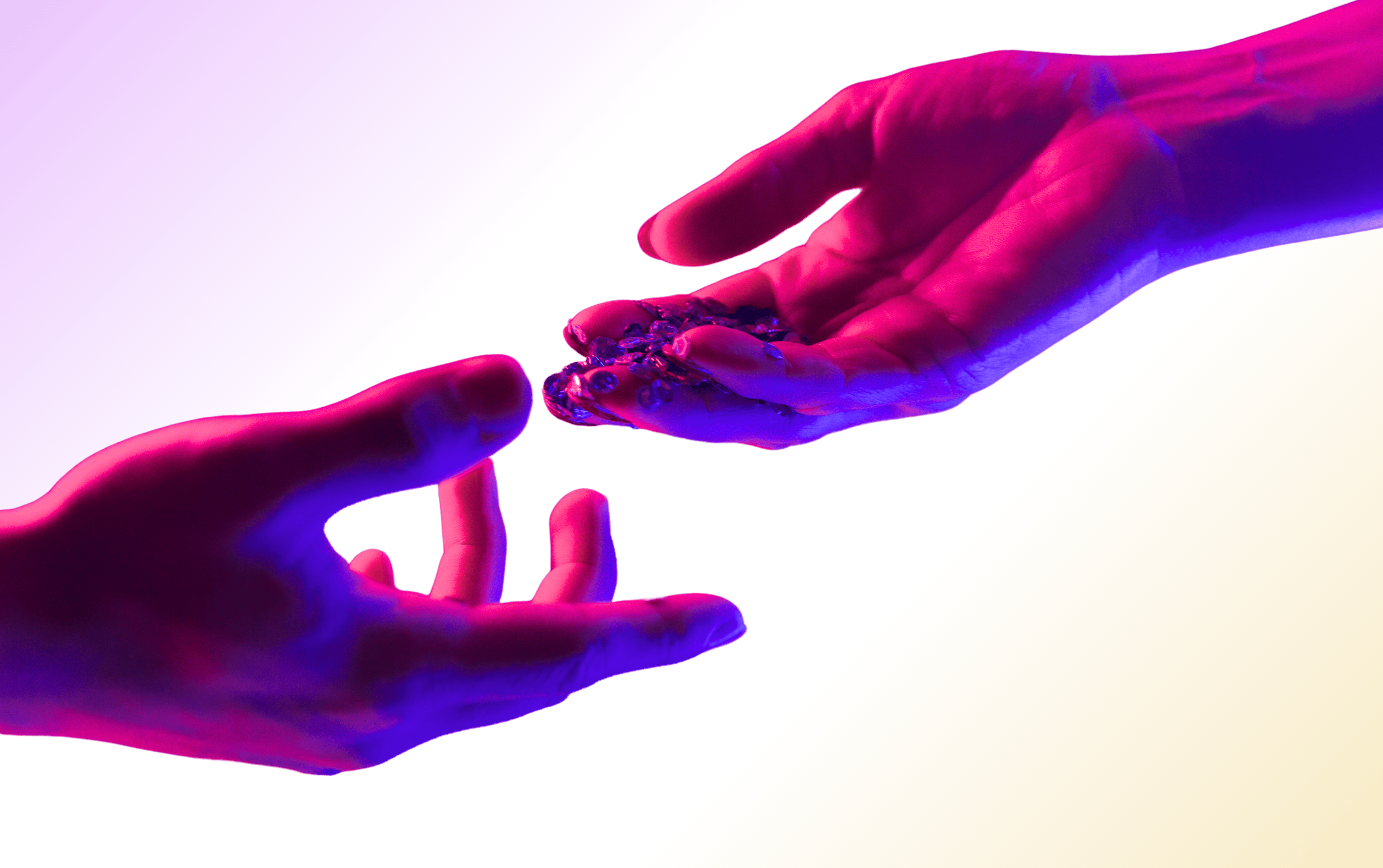





















































Can AI Actually Help With Addiction Recovery?
Addiction doesn’t wait for a therapy appointment. It doesn’t only show up during office hours. And it doesn’t always knock before it kicks the door in.
Recovery is full of micro-moments: moments where someone could reach for a coping skill, or a bottle. Where they could text a sponsor, or spiral into shame. Where they might say “I’ve got this” or “Why even try?”
The question isn’t whether AI can replace human connection (spoiler: it can’t).
The real question is: Can AI support someone in those in-between moments, the ones that make or break recovery?
Our answer is yes. Here’s how:

Recovery Isn’t a Straight Line. AI Can Help In the “Between” Times.
Addiction recovery is layered: physical, emotional, psychological. One day someone feels strong and focused. The next, they’re triggered by a song, a text, or an anniversary they forgot was coming.
Our AI Therapist Assistant is built to notice those shifts, engage in real time, and reinforce the work done in therapy without waiting for the next session.
A Support System That Doesn’t Sleep
Let’s be honest: recovery doesn’t run on a 9-to-5 schedule.
- Cravings hit late at night.
- Loneliness creeps in on weekends.
- Triggers show up without warning.
Most care models aren’t built for that. Ours is.
The AI Therapist Assistant can deliver mindfulness exercises at 2AM. It can guide someone through a grounding technique when they’re seconds from relapse. It can check in after a known high-risk moment like leaving court, or hitting a sobriety milestone.
It’s not a replacement for a therapist or a sponsor, it’s a daily support when the therapist or sponsor can’t be there. A lifeline. A reminder that they’re not alone, even in the dark.
Designed By Clinicians
The AI Therapist Assistant is directed by human therapists. It supports the clinical process by:
- Reinforcing treatment plans using therapist-approved language
- Monitoring PHQ-9 and other indicators for risk
- Delivering CBT, DBT, and MI-based interventions in the moment they’re needed
Think of it like a co-pilot. The therapist charts the course. The AI helps keep the client on track in between sessions, especially when the road gets bumpy.
Relapse Prevention Requires More Touchpoints, Not Fewer
One of the biggest gaps in traditional recovery care? The long, quiet stretches between sessions. When cravings rise, when shame creeps in, when someone questions whether they’re strong enough to stay the course.
That’s where relapse risk grows… and that’s where our AI Therapist Assistant adds value.
It can deliver therapist-directed skills and reminders in real time, based on the client’s care plan. It reinforces what was discussed in session and monitors for shifts in mood, engagement, or reported risk.
And when needed, it escalates to the human care team so support can step in early, not after a crisis.
Because prevention doesn’t just happen during intake. It happens between the lines, when someone’s still deciding which way the day will go.
So… Can AI Help With Addiction Recovery?
Yes, but only if it’s done right. Only if it’s built to support, not supplant, human care. Only if it’s trauma-informed, evidence-based, and clinician-directed. Only if it shows up when people feel most alone.
That’s what we’ve built.
Our AI Therapist Assistant is already helping people navigate early sobriety, rebuild trust with themselves, and keep going even when it’s hard.
We’re not here to automate recovery. We’re here to anchor it: with smart, human-guided support that doesn’t disappear between sessions.
Want to see it in action? Watch how Anonymous Health is redefining addiction recovery in our NBC News segment.

.png)
.png)
.png)